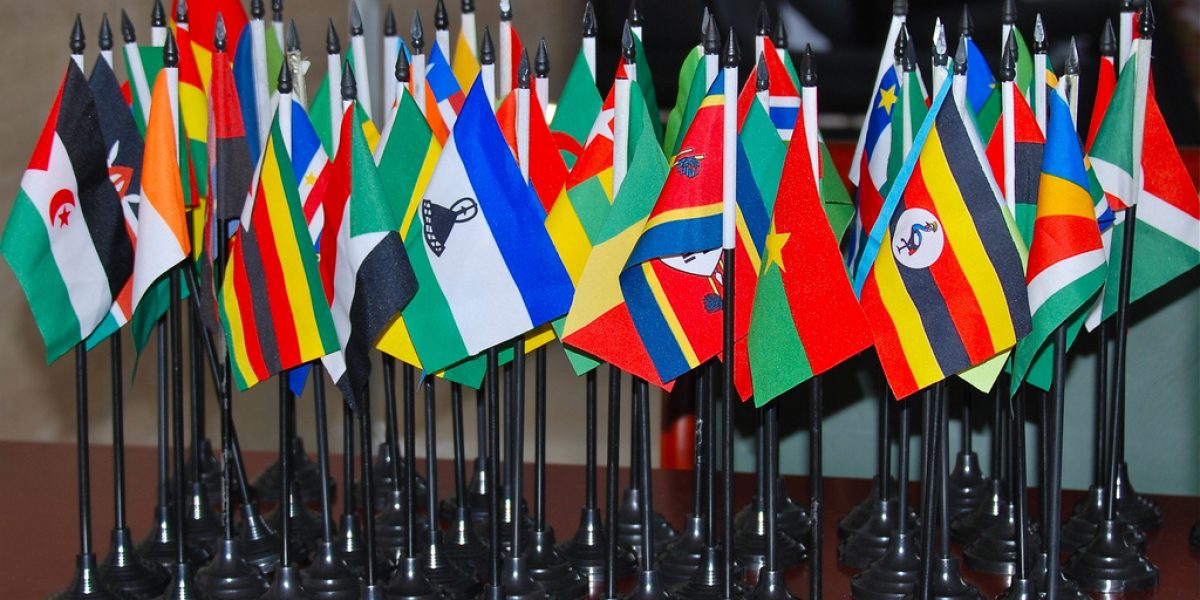Participating heads of states will attend the 11th Forum of the African Peer Review Mechanism (APRM), Africa’s voluntary home-grown governance monitoring endeavour. What’s on the agenda? And where is the mechanism heading?
First, after the formalities – welcome remarks by President al-Gadaffi (not an APR member), Prime Minister Meles Zenawi of Ethiopia (the Forum Chairperson), AU Commission Chairperson Jean Ping, and a progress report by the Chairperson of the APRM’s Panel of Eminent Persons, Professor Adebayo Adedeji of Nigeria – the president of Cape Verde is expected to become the 30th signatory. If he puts pen to paper, this will be the first accession since Togo one year ago. Mauritania, however, which acceded in January 2008, remains suspended due to its coup later that year. If quantity alone counts, more states joining suggests continued interest in the process. But the quality of reviews matters more. And regular attendance by presidents at Forum meetings is perennially poor.
Second, behind closed doors, three more countries are to be peer reviewed – Mali, Mozambique and Lesotho – with their Country Review Reports slated for discussion. They will join the nine states already reviewed, namely Ghana, Rwanda, Kenya, Algeria, South Africa, Benin, Uganda, Nigeria and Burkina Faso. This means that almost half of the leaders of this voluntary process will have been through their first review, a considerable achievement. However, the relatively packed programme may produce superficial rather than in-depth debate, or mean the reviews will be deferred to the next meeting, causing momentum loss for the respective national processes and delaying the publication of the reports further. Interestingly, Kenya’s second review, scheduled to occur in early July, is not even on the agenda.
Third, President Yoweri Museveni is due to present his first annual report on progress in implementing Uganda’s National Programme of Action, to plug identified governance gaps. Monitoring and evaluation remains a formidable challenge for the evolving mechanism. Tracking progress is left to participating governments, often to the exclusion of their citizens and civil society organisations, and the central APRM institutions – the Panel and continental Secretariat – have limited means to verify what is reported by states. Progress reports are also not always routinely uploaded to the APRM’s website, reducing the ability of the public to monitor and verify reported progress for themselves.
Fourth, a number of financial and administrative issues are up for discussion, including the audit report for APRM Accounts for 2007, and the status of country contributions. A draft report for the African Partnership Forum in November 2008 on the latter makes interesting reading, following a pattern of uneven payment (and sometimes non-payment) familiar to Africa watchers. Participating states reportedly contributed some US$17,3 million, with disproportionately large contributions of over $1 million each by Algeria, Egypt and Nigeria and almost US$6 by South Africa, and no contribution at all from seven countries. States are meant to contribute at least US$100,000 annually, which came as surprise to a senior government official directly involved in his national process I met recently in West Africa. Development partners (including African institutions) had collectively contributed US$10,5 million with Canada, the UK and the UNDP each giving over US$ 2 million. Thus, while the bulk of funding still emanates from African coffers, many states fail to meet their obligations.
Finally, and for many observers the most important, are the items on ‘Reconstitution of the APR Panel’ and discussion of its operating procedures. The life of the current Panel of Eminent Persons has twice been extended beyond its original four-year mandate, there is a lack of clarity on how, exactly, the new Panel members will be selected, and worrying allegations of impropriety and power plays within the Forum, Panel and Secretariat have emerged publicly in the last few months.
For continued credibility, these issues of governance within Africa’s premier governance instrument must be dealt with decisively, fairly and, transparently. Otherwise, the excellent work and results achieved by this unique process – from opening up political space for debate, discussion, and, yes, criticism, to legislative reforms and streamlining development efforts – will be seriously jeopardised. Like any complex process, the APRM requires patience, but also progress, sincerity as well substance, and trust along with time.
This programme bears testimony to the intentions of Africa’s leaders to focus on peer review. However, they must guard against the process degenerating into another arbitrary activity, lacking energy and innovation. The APRM presents a unique opportunity to effect marked policy change on a continent where it is sorely needed. Our leaders cannot afford to disappoint their citizens by letting this process decay. We may never have this opportunity soon again.







